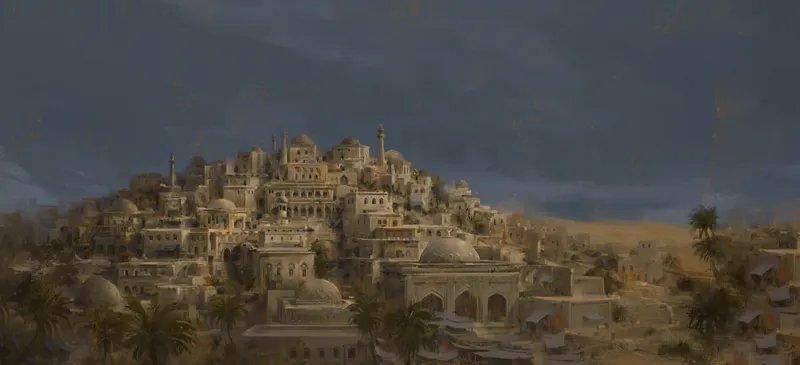Egyptian Culture

Commands
The following command will set your culture to 'Egyptian.'
The following command will change the culture of the specified county to 'Egyptian.'
Information
| Name | Egyptian |
| Culture ID | egyptian |
| Heritage | Arabic |
| Ethos | Spiritual |
| Language | Arabic |
| Architecture | Arabic |
| Fashion | Abbasid |
| Coat of Arms | Arabic |
| Military Equipment | Arabic |
Overview
Egyptian culture is one of the oldest, continuous cultures in the world, spanning back more than 5,000 years. It was remarkably stable and influenced many civilizations such as Greece, Rome, and later, the Arab world. The Nile river played a significant role in the formation of Egyptian culture, as Ancestral Egyptians developed agricultural practices along its flood plains.
Strong religious beliefs were a core part of Egyptian culture. They worshipped numerous deities and believed in the afterlife, which led them to construct grand monuments like the Great Pyramids and Sphinx, last of the seven wonders of the ancient world still standing today. Mummification was another cultural practice rooted in their beliefs on life after death.
Hieroglyphics or sacred carvings, a complex writing system using symbols, was an innovation of Ancient Egyptians and is still studied by historians. The Egyptians were also known for developments in astronomy, mathematics, and medicine that greatly influenced science.
The ancient Egyptian culture, with its advanced civilization and colorful mythology, continues to fascinate historians, archeologists, and people worldwide. Its legacy lives on and can be seen in modern Egypt’s language, religion, art, and architectures. Stories of Pharoahs, the opulence of the courts, their religious rituals, have also been the subjects of countless books, movies, and works of art.
Spiritual Ethos

Spiritual Ethos
While some cultures turn to war and others to worldly knowledge, this culture places its trust in the only constant throughout its history - the divine. Spirituality is the only way forward in a harsh and uncaring world.
- +10% Monthly Piety
- +15% Control Growth
- -20% Faith Creation and Reformation Cost
Each culture will have an ethos, which represents the core values, principles and attitude towards life that the culture has. It also determines which court types are available for kingdoms and empires.
Egyptian Traditions
- Agrarian
- Mubarizun
- Philosopher Culture
- Strong Believers
Each culture will have several traditions, which represent the main customs of a culture and can grant various effects. A culture can have up to five traditions in the tribal era, with every additional era reached granting an additional slot for Traditions.
Egyptian Architecture
Arabic
